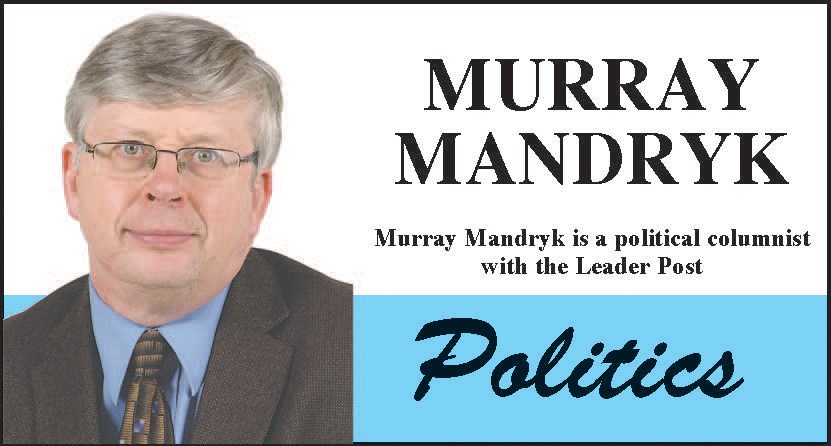This was not a good provincial budget by any standards.
The $2.4-billion deficit is the largest in our province’s history and that says a lot, given the decade of deficits under the former Progressive Conservative government.
One might argue that - in inflationary terms, or as a percentage of the economy at the time - the 1986-87 budget with its $1.2-billion deficit was worse.
But comparisons with the Grant Devine government are seldom positive and one might think the Sask. Party - a party rooted in the old Progressive Conservatives - would be sensitive to the such comparisons.
The 2020-21 budget will now push public debt to a record $24.4 billion - more than $10 billion more than when the Devine government left the provincial government teetering on insolvency.
Under the extreme circumstances of COVID-19, perhaps a big deficit is forgivable.
The root cause of this mess is the extreme drop in revenue including a $350-millon reduction in tax revenue and a $753-million drop in natural resources revenue that would include a $409-million reduction in oil and gas revenue this year.
That’s a huge loss for any budget and certainly a psychological blow to a government on the cusp of presenting a balancing budget after three long years of austerity to deal with the 2017-18 budget mess.
Most of you will likely recall the nasty measures that were required to deal with what was then a $1.2-billion deficit that included hiking the provincial sales tax to six per cent and extending it to things like restaurant meals and on construction labour and shuttering the Saskatchewan Transportation Company.
It was a time when the government seemed to throw virtually everything at the wall to fight the problem, including a proposal for all public sector workers to take a 3.5-per-cent wage cut .
Today, we are facing a deficit twice as large, yet there’s really been no serious talk of reducing civil service costs in this lead up to the Oct. 26 vote. About the only thing Finance Minister Donna Harpauer would say is that wage and hiring freezes would be considered if world markets didn’t recovery.
Harpauer holds out hope for recovery through the three “f’s” that are the fundamentals of the Saskatchewan’s economy - farming, fertilizer (as in potash) and fuel (as in oil and gas).
Unfortunately, hope won’t pay for the additional $1.1 billion in spending in the 2020-21 budget.
Again, you could anticipate added spending to address the cost of a worldwide pandemic.
But there was no new spending from three months ago and business people, unemployed people and the poor have consistently pointed out there hasn’t been enough dollars from the province.
One might think this does not bode well for the Sask. Party four months before going to the polls, but a recent Angus Reid polling shows the Sask. Party with a 25-percentage point lead over the NDP.
One has to seriously wonder if the real issue in play is the inability for Ryan Meili and his party to connect with a wider swath of voters.
This has obviously been the NDP’s problem in rural Saskatchewan for decades now, but the Angus Reid poll numbers suggests the NDP aren’t likely making much headway in the cities, either.
Given the budget mess, one might think the NDP would be poised to regain its traditional urban base
But it’s clear a majority of the electorate don’t seen Meili and the NDP can offer an alternative that’s any better.
It raises an intriguing question:
If the NDP can’t make political gains now, when will they ever again make gains?
That, in turn, raises a question for all of us: Who in the legislature will hold government to account for a budget that just wasn’t very good?
Murray Mandryk has been covering provincial politics since 1983.



